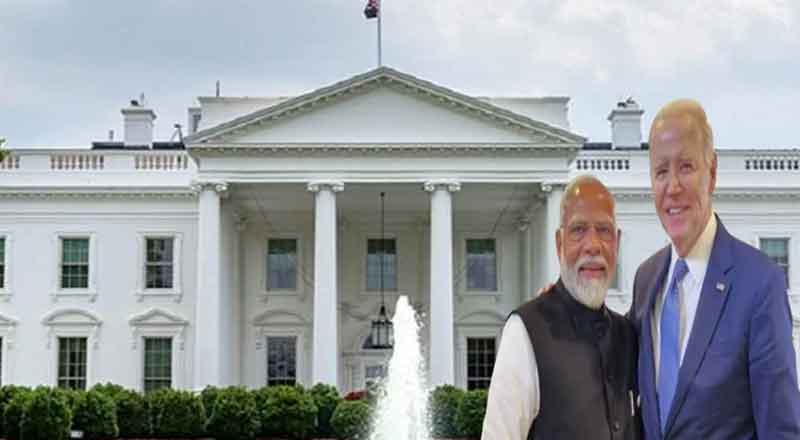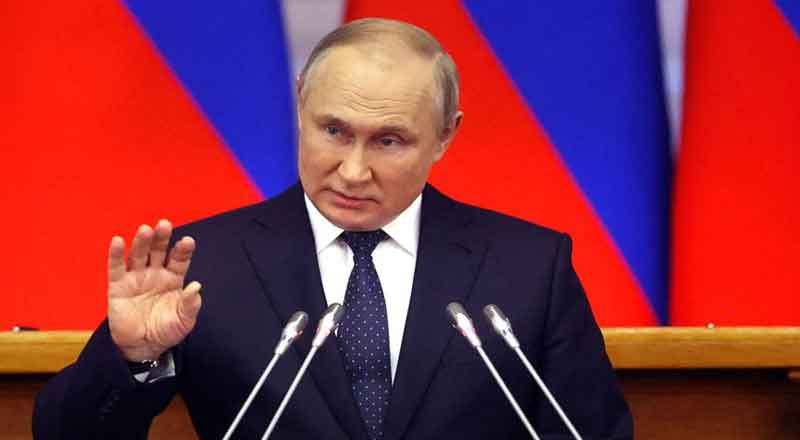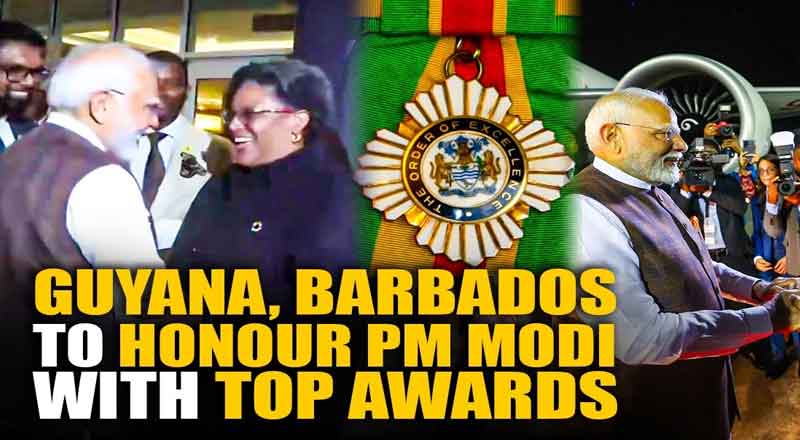A Complex Diplomatic Encounter
In a significant diplomatic development, the White House met with Sikh groups, some of whom are aligned with the Khalistan movement, just hours before Indian Prime Minister Narendra Modi’s scheduled arrival in the United States for a high-profile official visit. The meeting, centered around concerns of transnational repression and the safety of the Sikh community in the U.S., reflects the delicate balance of addressing internal security and foreign relations in light of the growing complexities surrounding Khalistani separatism.
Commitment to Protect American Citizens
The White House assured representatives from the Sikh community that the U.S. government is committed to safeguarding its citizens, including Sikh Americans, from any form of aggression on U.S. soil. This promise of protection is particularly relevant amid rising concerns about the support for the Khalistan movement in North America, with India having repeatedly voiced its discomfort over the asylum and shelter provided to individuals associated with Khalistani separatism in both Canada and the U.S.
The U.S. government reiterated its stance on protecting all American citizens, irrespective of their political or ideological beliefs, so long as they remain within the boundaries of lawful expression. However, this statement did not address whether the U.S. would reconsider its policies of harboring individuals linked to separatist movements banned in India, leaving a complex diplomatic question unanswered.
Khalistan Movement and Global Implications
The Khalistan separatist movement, which seeks to establish an independent Sikh state, has long been banned in India due to its association with terrorism. Several groups advocating for Khalistan have been implicated in violent activities over the past few decades. However, both the U.S. and Canada have taken a softer stance, with Canada in particular framing such advocacy as an issue of free speech. This has led to tensions between India and these countries.
India’s External Affairs Minister, S. Jaishankar, has repeatedly underscored that while freedom of speech is respected, it does not extend to promoting separatism or violence. Speaking in response to Canada’s support for Khalistani elements, Jaishankar highlighted that freedom of speech must be exercised within the parameters of the law and should not be used to foster violence or pose a threat to foreign diplomats.
He pointed out the importance of vetting individuals entering the country, stating that the presence of individuals with dubious legal status reflects poorly on the rule of law. Jaishankar’s comments suggest that the persistence of Khalistani activism in Western countries is fueled by political considerations, particularly in terms of catering to influential vote banks.
The White House Meeting: A Diplomatic Gesture?
The White House’s meeting with Sikh representatives, including Pritpal Singh of the American Sikh Caucus Committee and leaders from the Sikh Coalition and the Sikh American Legal Defense and Education Fund (SALDEF), was reportedly convened to reassure the Sikh community of the U.S. government’s vigilance in protecting their rights and safety. Pritpal Singh publicly expressed gratitude to the officials for their efforts to protect Sikh Americans, while also calling for further action.
In a social media post, Singh reiterated the community’s expectation that the U.S. would continue its vigilance, stating that “freedom and justice must prevail.” This meeting, notably the first of its kind held by the U.S. National Security Council with Sikh separatists, highlights the Biden administration’s sensitivity to the concerns of minority groups within its borders, even as it navigates the broader challenges of international diplomacy.
Legislative Action on Transnational Repression
Coinciding with the White House meeting was the introduction of a new bill in the U.S. Congress aimed at addressing transnational repression. Introduced by Congressman Adam Schiff, the “Transnational Repression Reporting Act 2024” seeks to require the Attorney General, in coordination with other federal agencies, to report on instances of foreign governments targeting individuals within the U.S.
The bill has been widely supported by Sikh advocacy groups, including SALDEF, which has previously shown sympathy for Khalistani figures. SALDEF has framed the bill as a response to the threats faced by Sikhs and other minority communities within the U.S. who may be at risk of violence or repression by foreign actors.
Lawsuit Filed Against India and Key Officials
Meanwhile, Khalistani figure Gurpatwant Singh Pannun has added another layer to this diplomatic saga by filing a civil lawsuit against the Indian government and several key Indian officials, including National Security Adviser Ajit Doval. Pannun, who is based in the U.S. and is a designated terrorist in India, has accused these individuals of orchestrating an alleged plot to assassinate him.
The U.S. District Court for the Southern District of New York has issued summons in the case, with a response required from the Indian government within 21 days. Pannun’s lawsuit names several Indian officials, including former R&AW chief Samant Goel, in what the Indian government has called a baseless and politically motivated case. Foreign Secretary Vikram Misri has dismissed the lawsuit as “unwarranted” and pointed to Pannun’s well-documented involvement in unlawful activities.
Who is Gurpatwant Singh Pannun?
Gurpatwant Singh Pannun is a central figure in the ongoing tensions between India and pro-Khalistan elements abroad. Born in Amritsar, Punjab, Pannun is the founder of Sikhs for Justice (SFJ), a separatist group banned by India under the Unlawful Activities (Prevention) Act in 2019. In 2020, Pannun himself was designated a terrorist by the Indian government. He has claimed responsibility for several acts of violence and continues to advocate for the creation of an independent Khalistan state.
Despite his status as a terrorist in India, Pannun holds dual citizenship in the U.S. and Canada, where he continues his separatist activities. The lawsuit he has filed against the Indian government is the latest in a series of actions that have strained relations between India and Western countries.
Diplomatic Nuances Amidst Tensions
As Prime Minister Modi arrives in the U.S., the backdrop of the White House’s engagement with pro-Khalistan groups adds a complex layer to India-U.S. relations. While the Biden administration has expressed its commitment to protecting American citizens, the meeting with Khalistani sympathizers raises questions about how the U.S. navigates the fine line between internal security and diplomatic ties with India, especially in light of growing concerns over transnational repression. The next steps in this evolving situation will likely shape the course of bilateral relations for the foreseeable future.
(With inputs from agencies





